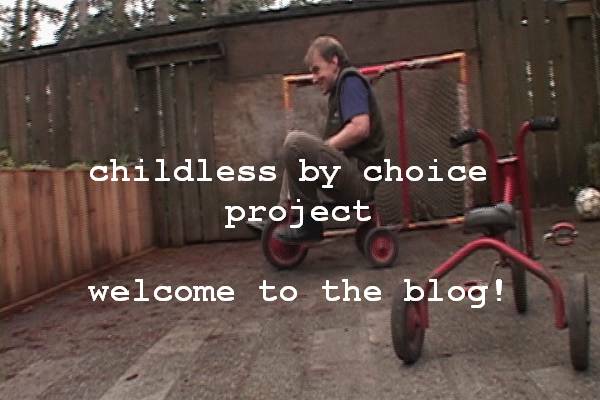
This recent article from Details.com has people buzzing and tweeting. Not just because of the solid reporting and the cool charts but also because of the humor.
Brian Frazer, the writer of this piece, tongue-in-cheek, reports on the increasing costs of raising kids, particularly in a society that values conspicuous consumption. He writes “you can get a vasectomy at Planned Parenthood for less than the cost of a Bugaboo Cameleon stroller.” This shouldn’t be funny, but it is.
The Childfree trend not just an American trend as Frazer points out:
Brian Frazer, the writer of this piece, tongue-in-cheek, reports on the increasing costs of raising kids, particularly in a society that values conspicuous consumption. He writes “you can get a vasectomy at Planned Parenthood for less than the cost of a Bugaboo Cameleon stroller.” This shouldn’t be funny, but it is.
The Childfree trend not just an American trend as Frazer points out:
One Italian mayor has resorted to bribery to restock his town, offering couples $15,000 for each child they produce. Germany's baby shortage results in an annual population loss of 100,000. And the sheep-to-human ratio in New Zealand, which currently stands at 10 to 1, seems sure to increase, since a staggering 18 percent of adult men there have elected to get vasectomies.In the past an article like this, heralding the trend of voluntary childlessness, would illicit dozens of comments predicting the end of civilization as we know it. Yet, the comments posted here seem to be much more thoughtful and less fearful. Could it be that we have turned a corner, to a place where we welcome the impact of lower birth rates?
Flickr Photo by FS999






